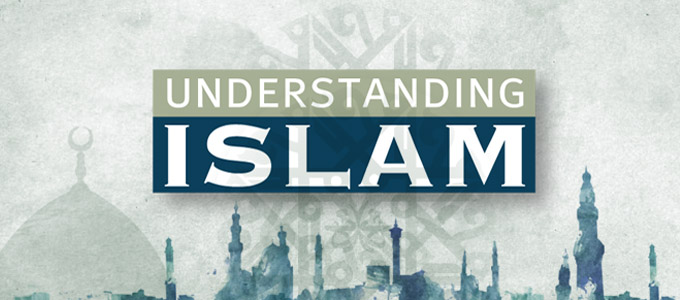For many Americans, the introduction to Islam came on a bright September morning in 2001, when in two horrific hours 19 suicidal terrorists invoked the ancient faith in laying waste to the World Trade Center and taking 2,749 lives. “Infidels,” the assassins called the Americans in answering the call to jihad—a struggle to defend their religion that they believed would earn them a martyr’s place in paradise.
The scapegoating of America’s more than 5 million Muslims was immediate and lasting. As late as 2004, the Council on American-Islamic Relations reported a 70 percent increase in Muslim bias and violence in the United States. And in countless media accounts, Muslims have complained of exclusion, discrimination, and harassment. The acts of 9/11, it seemed, had only reinforced the impression of Islam as a militant faith that has spread by war, not peaceful conversion.
With 1.2 billion followers—and the distinction as the world’s second-largest and fastest-growing religion—Islam demands to be better understood.
The word Islam itself, meaning “submission,” is a derivative of a Syriac word for “making peace.” It is a faith that calls for charity, humility, and service. And it resembles the other great monotheistic religions to a remarkable degree. Like Christians and Jews, Muslims believe they are descended from Abraham. They worship the same God and believe in the prophets. They hold that Jesus was a great prophet, although not the Son of God. In the Koran, there are more references to the Virgin Mary than in the New Testament.
For centuries after it was first revealed to a 40-year-old Meccan merchant named Muhammad, Islam ruled as the greatest empire the world had ever known. At one time, it controlled a swath of the globe from North Africa to Indonesia, even to Spain. It is to Muslim scholarship that we owe important developments in astronomy, advancements in mathematics, and innovations in medicine.
But, by many measures, the glory days of Islam have passed. Although Muslims fought back the Christian Crusaders in the 11th century, the Ottomans who came later failed to realize their dream of an Islamic Europe. Instead, the Europeans colonized Arab lands, and for intellectual and economic leadership the world now looked west.
https://www.youtube.com/watch?v=3JpLQoPcOs0
In the years that followed, many Arab Muslims saw their lands ruled and their resources squandered by venal, corrupt dictators. Today, the populations of many of these countries skew young, illiterate, and poor. It is in this volatile climate that resentful Islamic extremists find stark contrasts to the excesses of the United States—and a rich breeding ground for hate.
Yet many people, including a significant number of African-Americans, are taking a new look at the faith. They find structure and comfort in its ancient rituals, a sense of purpose in its clear message. In Europe, Islam is growing at a faster rate than Roman Catholicism. And in the United States, if current trends continue, there will be more Muslims by midcentury than Protestants or Jews.
To be sure, non-Muslims find much in the religion that is abhorrent. Women, however accomplished, are denigrated in the Koran as clearly inferior to men. Polygamy is permitted, and while it is reportedly rare, it remains anathema to most civilized people. Allowable criminal penalties are likewise troubling to those outside the faith—the practice of cutting off the hands of thieves, for instance, or of stoning adulterers to death.
Islam can seem a demanding faith, prescribing behavior that is arguably driven more by fear of eternal hellfire than by love for a merciful God. Harshly restrictive, literalist interpretations of the Koran have been taking hold in some countries, despite years in which a more liberal, critical approach prevailed. Such trends, critics say, can only keep Islam from embracing the modern world.
The emergence of a dangerously puritanical strain of Islam and the desperation of misguided zealots have fueled tensions between Muslims and Christians and Jews—tensions as old as the faiths. Equally worrisome, they have also created destabilizing rifts within Islam itself. Most Muslims say they deplore violence to serve religious ends, yet a vocal minority has endorsed and acted upon militant antiwestern themes. Such conflicts are front and center as the countries of Muslim’s Middle Eastern core struggle to forge governments that blend western-style democracy with traditional Islamic law. Prospects for peace are at stake. So, too, is the future of a great faith that preaches unity, brotherhood, and love of a common God.




